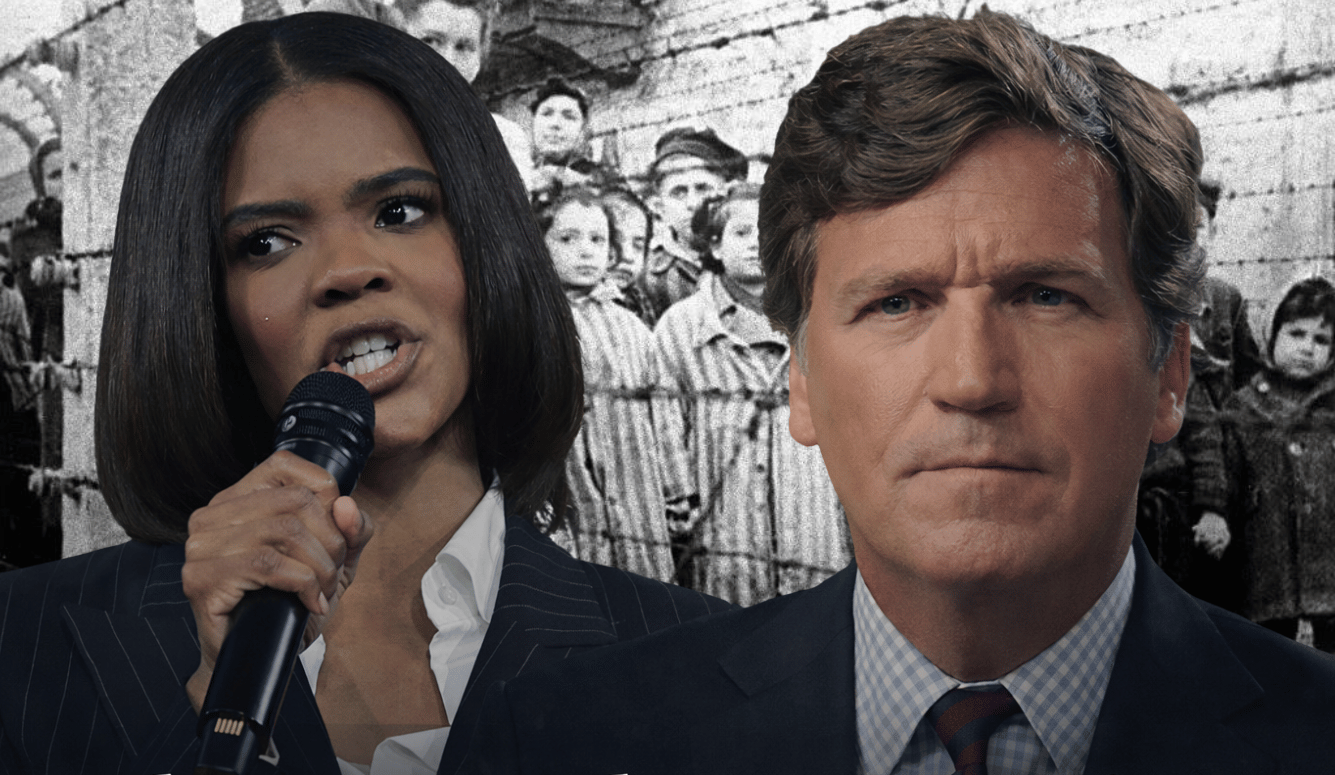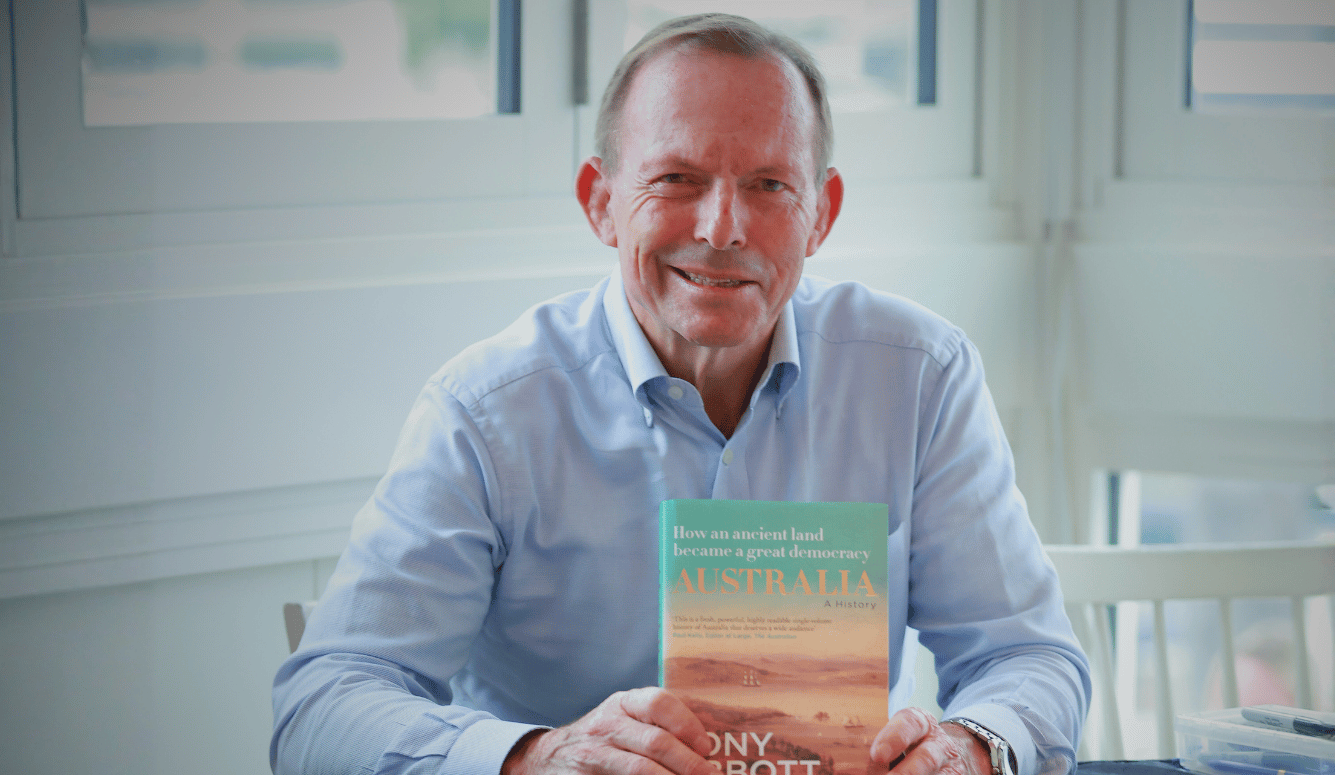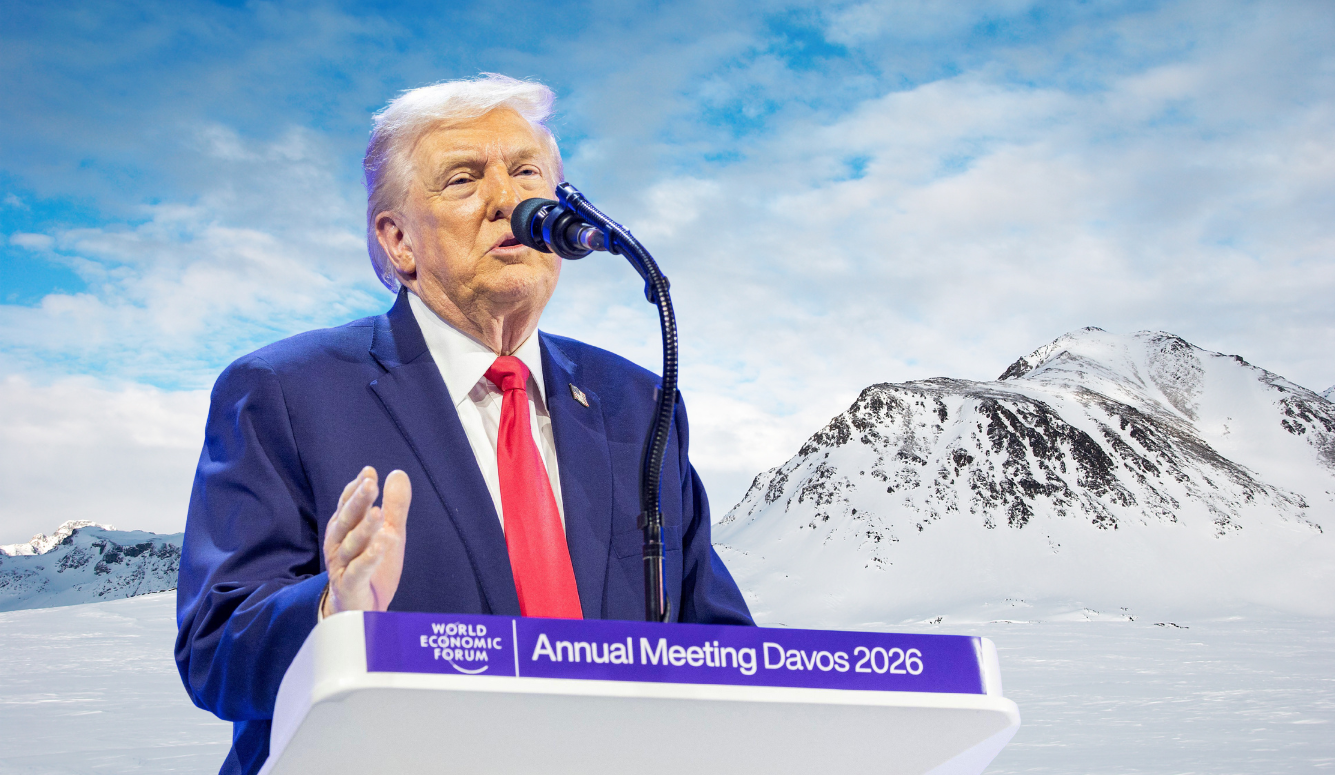interview
Michael Shellenberger on Free Speech, Digital ID Laws, and the Rise of Online Censorship
What happens when governments decide they can no longer trust the public with open debate? An interview with Michael Shellenberger.

In this wide-ranging conversation, Michael Shellenberger reflects on the growing push toward digital authoritarianism—from Australia’s proposed misinformation bill to the rise of digital ID systems—and why he believes these measures threaten open debate more than they protect the public. He also weighs in on the real but often misunderstood harms of social media, the erosion of trust in public health, and the cultural fears driving opposition to nuclear energy. Across each issue, Shellenberger returns to a consistent theme: when institutions respond to the loss of narrative control with censorship and overreach, they undermine public trust and stall progress.
Misinformation Bill
Claire: Welcome, Michael, welcome to Sydney. It’s great to have you here. Now, I want to talk to you about the misinformation bill that the current government is tabling, which is going to a vote in the Senate next week. The government is currently considering both a misinformation bill and an age ban requiring a national digital ID.
Do you see these as separate issues, or is this part of a broader trend towards digital authoritarianism?
Michael: Yeah, I do worry about it being connected. I can’t prove that they are, but the first bill—the misinformation bill—is, for me, more straightforward. It’s not necessary. You already have laws against fraud, libel, defamation, and child exploitation. Those things are already illegal under Australian law.
This bill would criminalise many forms of political speech. It has a provision that allows for the censorship of “misleading” information. Anything can be considered misleading. I was personally censored for that. I know the facts I had on climate change were accurate. Nonetheless, Facebook said they were misleading because I was taking people away from the apocalyptic presentation of climate change.
That kind of provision is prone to abuse. There’s also a provision regarding “vilification.” I think all of us who have been criticised on social media have experienced the fishbowl effect of feeling vilified. Sometimes, some of us ask our friends and family, “Is it really as bad as it looks?” And it’s always a more intense feeling for the person experiencing it. That worries me.
The prime minister also came out and said he had seen his head pasted onto a different body in a meme. He thought that should be censored. That indicated to me that he’s coming from a place of being fairly thin-skinned. I mean, you’re the head of state of a major country. So for me, that legislation is, hopefully, doomed.
This is similar to a trend we’ve seen globally. Ireland, the European Union, Canada, and Brazil have all been at war with free speech. We believe this is part of a counter-populist strategy that accelerated after 2016, often involving elements of the intelligence community working through intermediary NGOs in ways that are deeply concerning.





